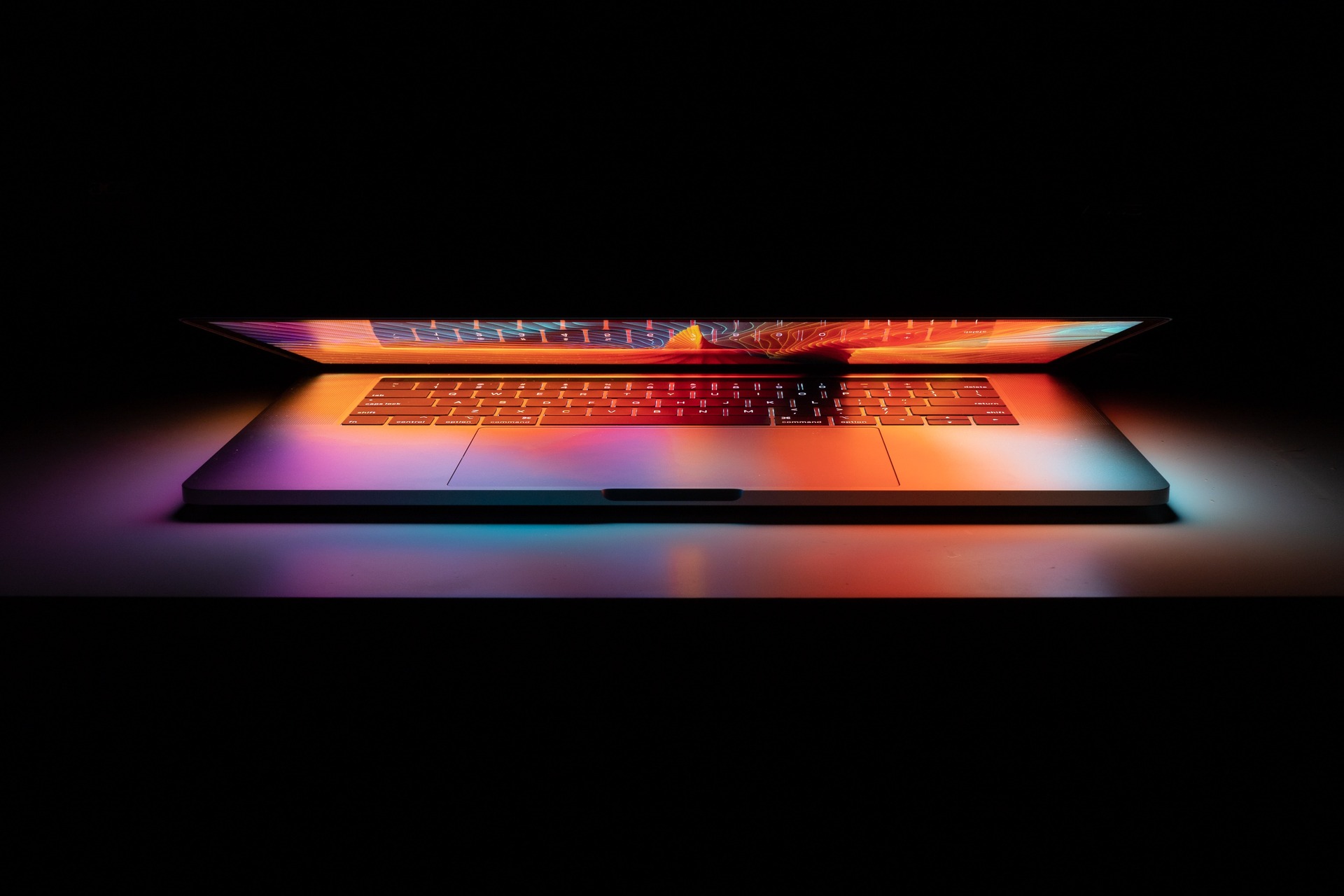Artificial intelligence was a twinkle in the eye of inventors and fiction writers long before our technology made the concept viable. Now that AI has arrived in a major way, everybody wants to know: “When will AI take over the world?” For others, the question is: “How much longer until AI and robots put me out of work?”
Is Artificial Intelligence Set to Dominate?
There are too many applications for artificial intelligence to name them all here. Compared with fallible human judgment and cognition, AI can quickly solve complicated problems and analyze huge troves of data to draw actionable conclusions and answer questions.
Stanford University’s “One Hundred Year Study” of artificial intelligence began in 2014. It’s a comprehensive accounting of the technology and its global implications. The study will better understand the role AI will play in various industries and the degree it will displace human workers.
Where Will Algorithms Be the Most Disruptive?
The Stanford study has identified the following industries as some of the ripest for artificial intelligence disruption.
Transportation and Freight
Autonomous vehicles will play a significant role in encouraging the adoption of AI. Driverless cars at the consumer level make streets safer. Relatedly, driverless trucks deliver improved profitability and efficiency in the freight industry. In 2019, an autonomous truck made the first coast-to-coast trip in the U.S., carrying tens of thousands of pounds of butter.
Home Services and Deliveries
Sensors and video equipment paired with AI lead to new approaches in care for the housebound and the elderly, as well as property surveillance. Drones with artificial intelligence will revolutionize last-mile deliveries and make lightning-fast turnarounds possible.
Health Care Services
Health care service companies and hospital systems can see huge benefits from adopting AI. Artificial intelligence can diagnose illnesses with impressive accuracy and speed. It can also help spot trends or issues in historical and real-time patient health data.
Elementary Education
Human teachers will always be necessary to deliver the attention and personal touch required by academic environments. Nevertheless, artificial intelligence can help students who need responsive and personalized tutoring or supplementary lessons.
Higher Education
Natural language processing lets universities use AI to screen students according to several factors, including their level of engagement with the admissions process. The idea of using AI to screen students is interesting. However, it also presents potential controversy.
University admissions software with AI can bring costs down. By focusing on the objective features of a college or job application, AI might also help remove some of the bias implicit when humans are the sole gatekeepers to opportunity.
It may also amplify those biases. So far, attempts to use AI in predicting criminal behavior and recidivism have revealed that artificial intelligence can be just as racially problematic as human beings. One problem is just how to define fairness in criminal justice. The other is writing an algorithm that consistently meets whatever definition is arrived at.
When Will Artificial Intelligence Do People’s Jobs?
Now is the time to democratize and regulate the development of AI rather than give in to the “black box” model. If the logic of an AI is locked behind intellectual property laws, and isn’t even satisfactorily understood by the people writing it, the potential for harm could well outweigh any benefits.
The other part of the puzzle when it comes to AI “taking over the world” is the loss of human jobs. This is a worry for many individuals. Is it overblown, though? One automotive company in the Chicago area began investing in automation in 1996 and still hasn’t laid off a single employee as a result. Instead, AI took over inspections and quality control, and helped human QA workers pivot to higher-paying and more cognitively demanding roles.
This pattern can’t hold everywhere. The world economy is going to shed jobs over time, perhaps for good, thanks to robotics and AI. However, not every role is equally susceptible to robotic takeover. AI won’t see equal adoption in every job market at once.
The U.K.’s Office for National Statistics found that between 2011 and 2017, the number of positions at high risk of being automated fell from 8.1% to 7.4%.
On the other hand, a recent Brookings study found that as many as 25% of jobs in the U.S. might be at a high risk of being automated. However, the same technologies will likely create 60 million jobs that didn’t even exist previously.
There are reasons why Stanford calls its study the “Hundred Year Study.” The first reason is that AI is still very much in its infancy as a technology. The second is because AI’s industrial revolution will continue for a long time to come.
So, when will AI take over? In the coming years, AI will continue to improve business models and efficiency at every level. As AI continues to combine with automation technologies, we must balance both human and capital needs.
Recent Stories
Follow Us On
Get the latest tech stories and news in seconds!
Sign up for our newsletter below to receive updates about technology trends














